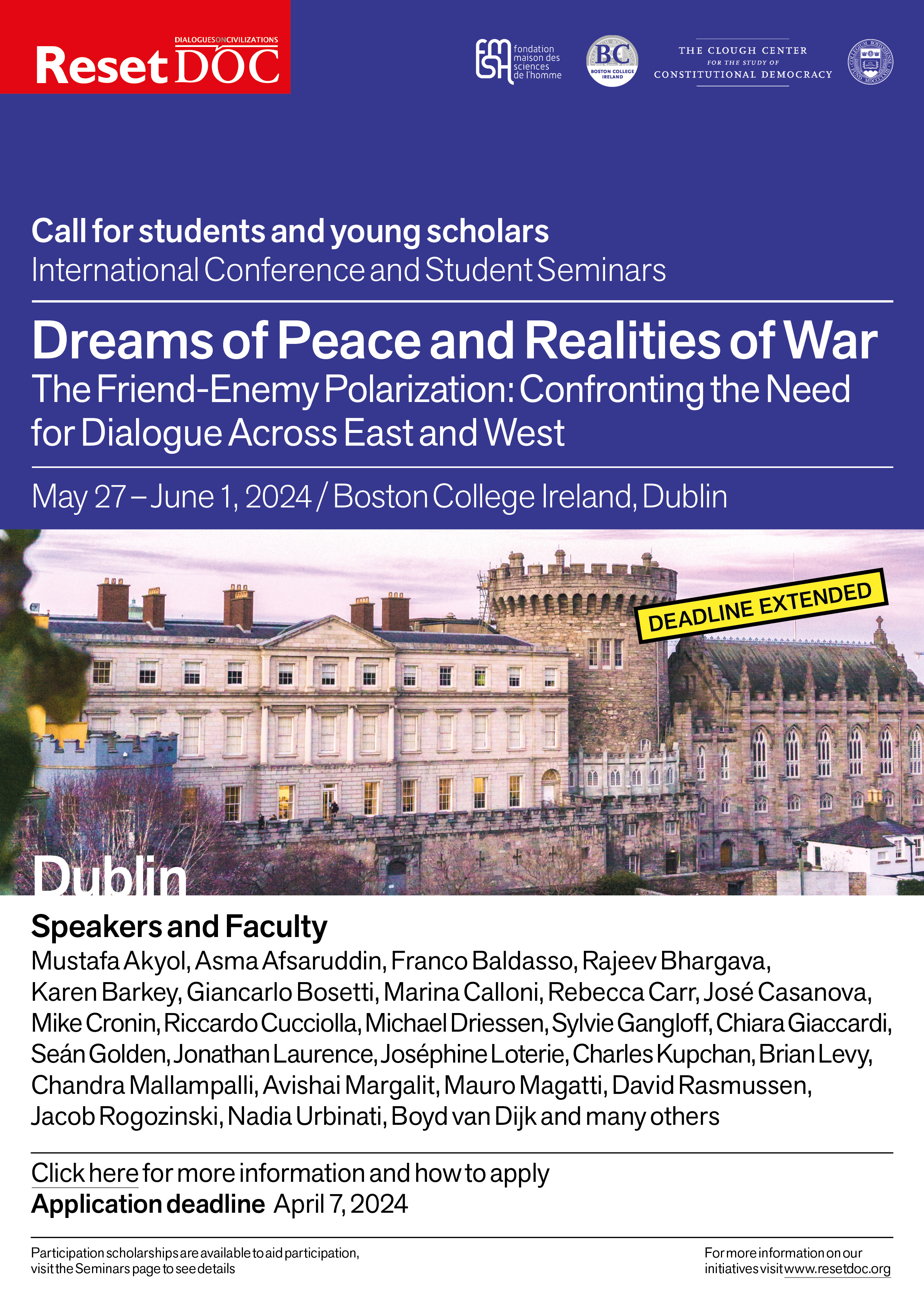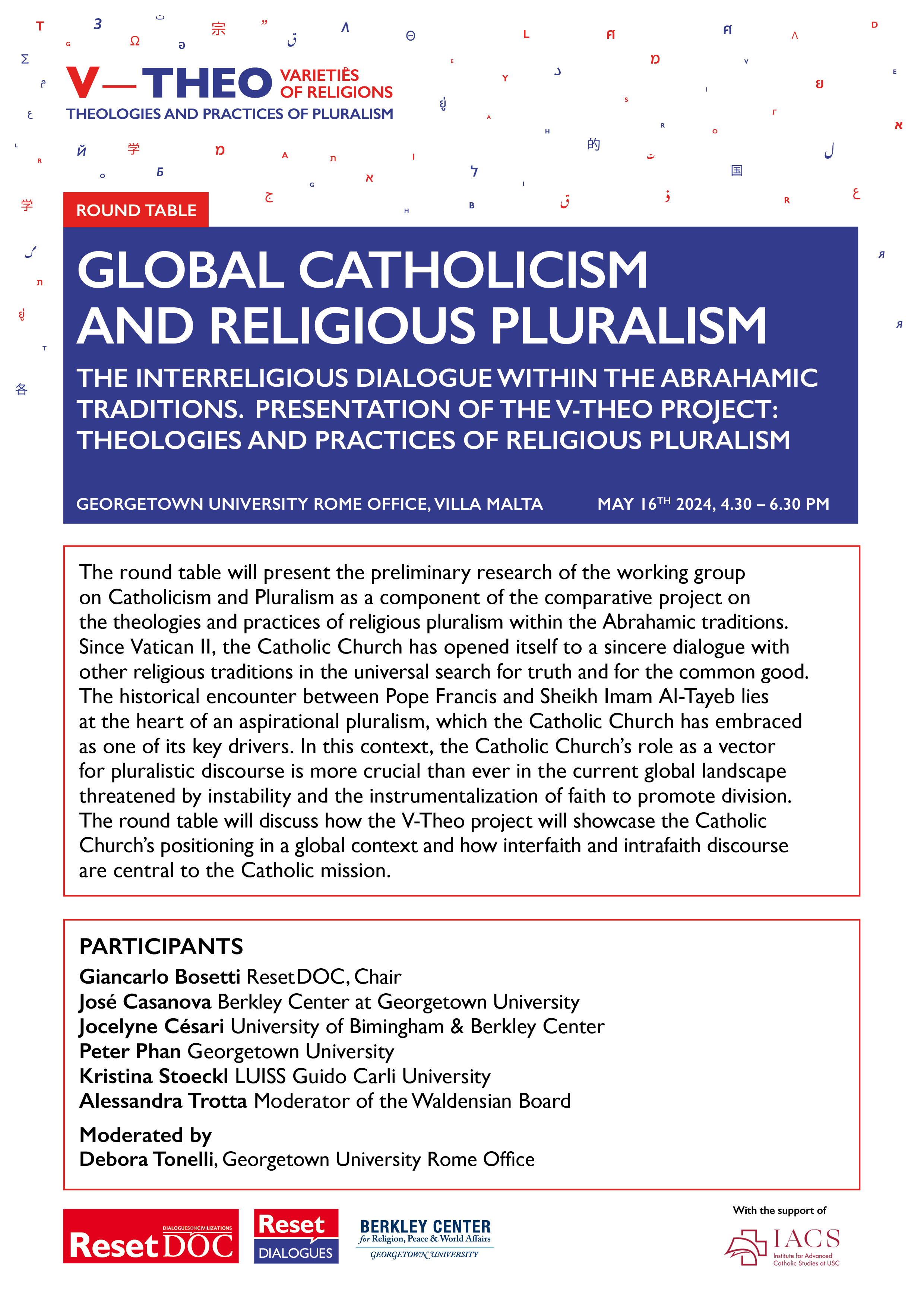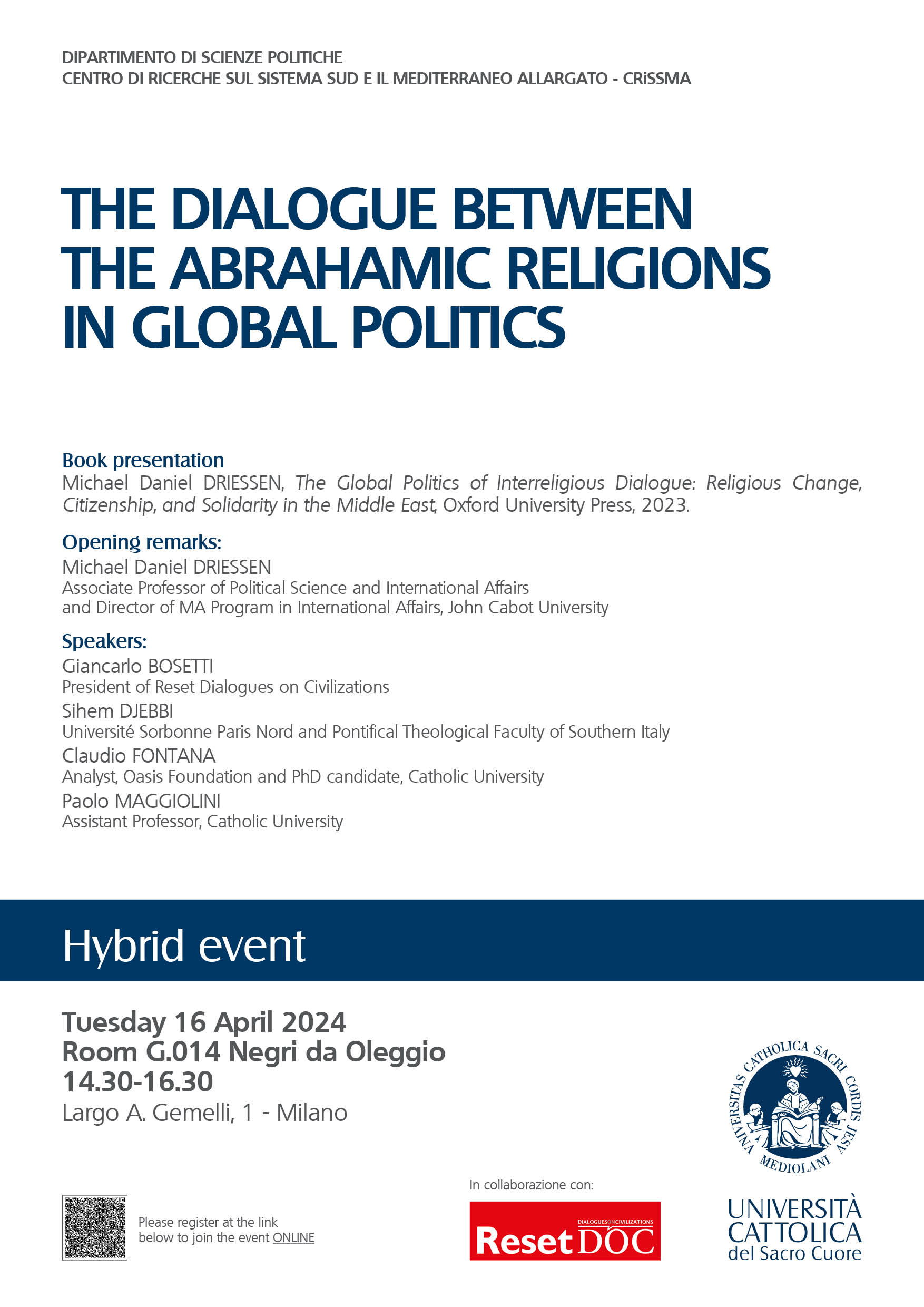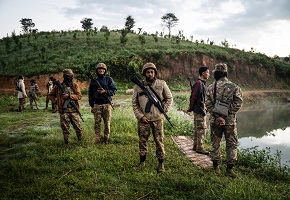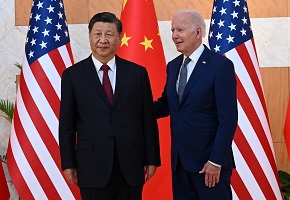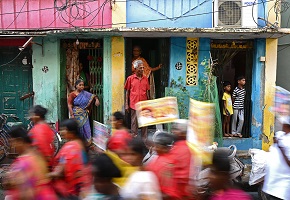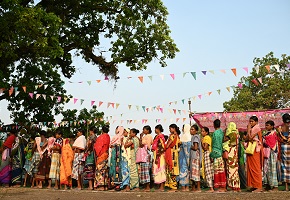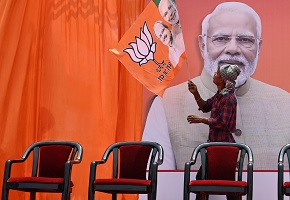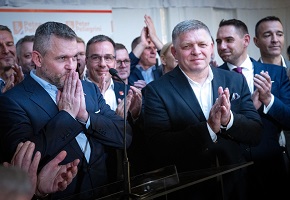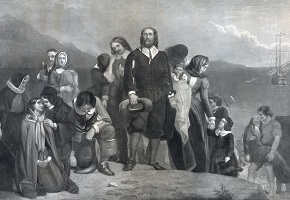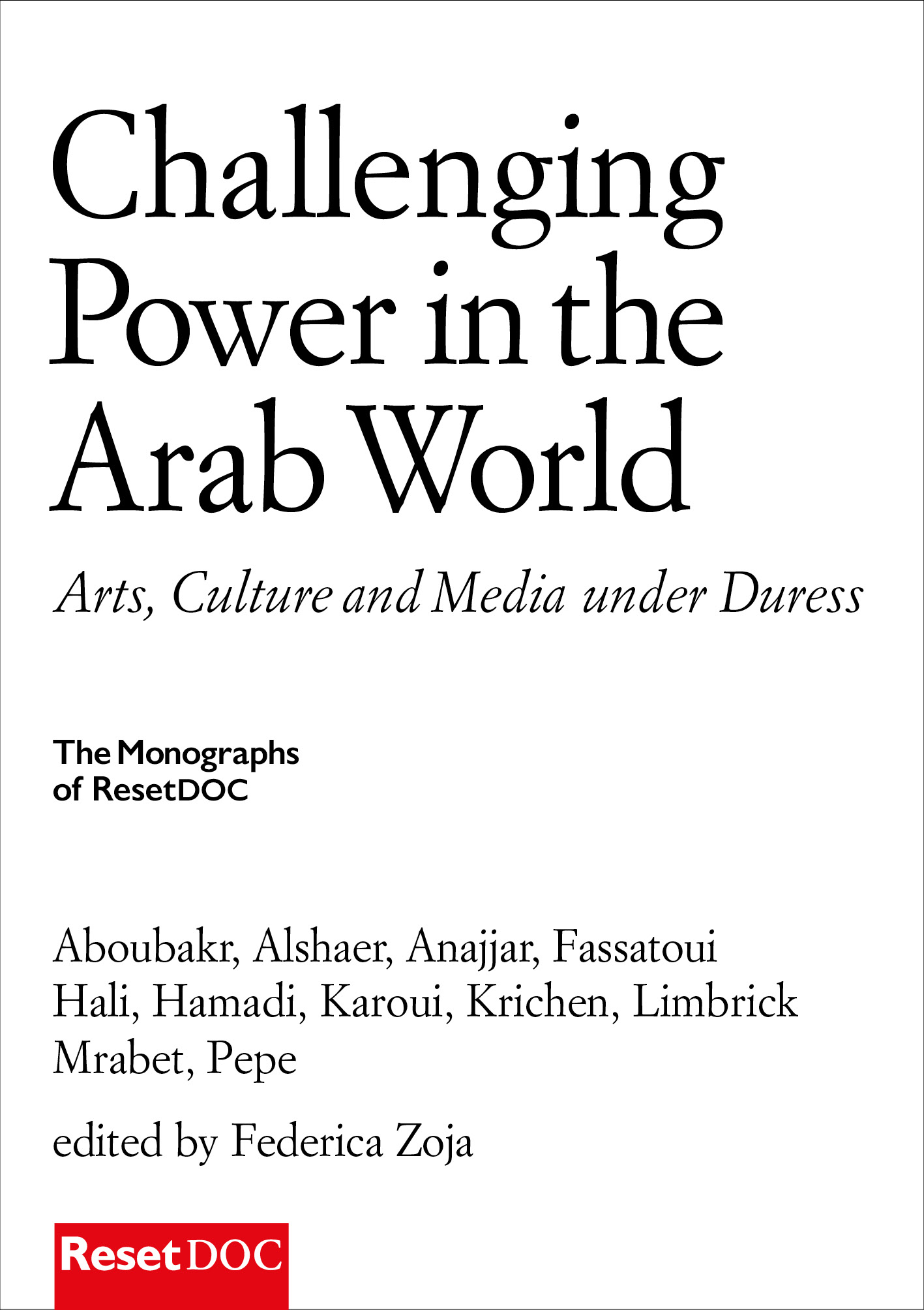Through its lectures, workshops, the Seminars and Conference aim to analyze the fundamental aspiration of peace in different traditions: the Chinese and Confucian desire of the world harmony and the Middle Empire; the Islamic perspective, the concepts of peace and tolerance in the founding
texts; the Buddhist and Hindu perspective; and the Christian one, from crusades to pacifism.
Kristina Kironska 22 February 2024
Three years after the failed military coup in Myanmar, there is genuine hope within the country for democratic resistance. By the end of 2023 and into the beginning of 2024, Myanmar reached a turning point, with significant successes achieved by the revolutionary movement, particularly on the battlefield. For the first time since the coup, there is a growing possibility that the resistance movement may prevail against the military dictatorship.


